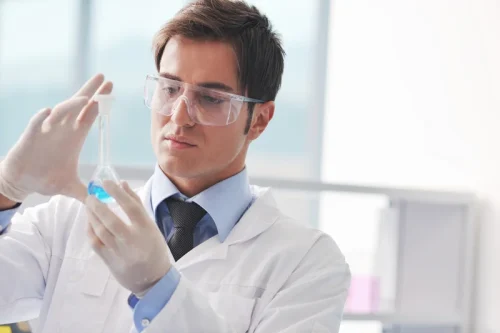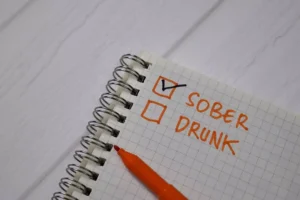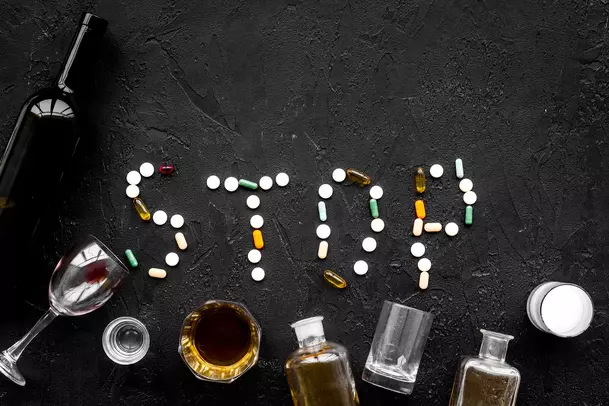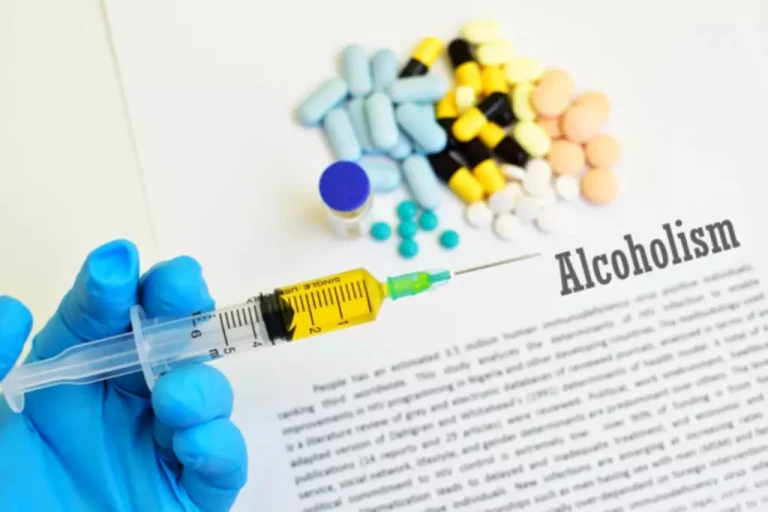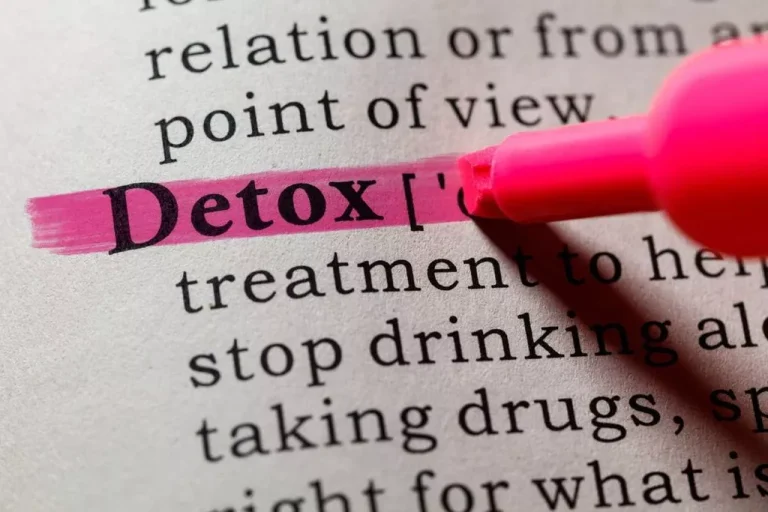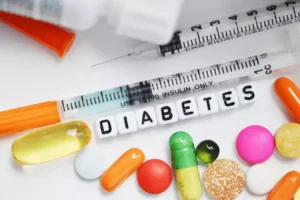
With its mildly sweet flavor and light texture, coconut water serves as a delightful option for those looking to maintain a healthy lifestyle while still enjoying a flavorful beverage. Club soda with bitters has become a sophisticated and refreshing alternative for those looking to skip alcohol while still enjoying a flavorful drink. Essentially, it’s carbonated water that provides a crisp, bubbly base that’s hydrating, calorie-free, and incredibly versatile. While bitters do contain alcohol, only a few drops or dashes are used, so the drink stays nonalcoholic. This small amount of bitters adds a rich layer of flavor without compromising its alcohol-free nature, making it perfect for anyone who wants to enjoy the ritual of drinking without the buzz. Traditionally prepared from fermented apple juice, cider has long been a popular beverage, especially at social gatherings and seasonal events.
Popular Alcohol Alternatives That I Wouldn’t Buy

The woman-owned brand makes three different blends — original, ruby, and sparkling — each of which is infused with adaptogens and its own delicate, floral flavor that doesn’t try to imitate wine. I liked their “ruby” blend, which has a botanical, slightly fruity flavor with notes of raspberry and vanilla, along with adaptogens like eleuthero, dandelion extract, lemon balm extract. It’s even made on the day of the Full Flower Moon and is infused with ruby, known for promoting passion, pleasure, and self-love. The brand’s original blend has a similarly mild flavor, making it great for winding down in the evening sans alcohol, with adaptogens like rhodiola and schisandra berry. All their beverages are sugar-free, calorie-free, and are best enjoyed chilled. For more, check out our full review of non-alcoholic wine alternatives here.
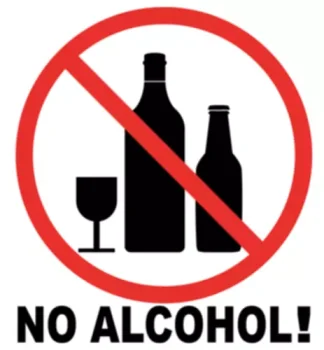
Adaptogens or Social Tonics
- Many of us have a ritual of sitting back with the right beverage, and letting the stresses of the day melt away.
- The recipes on the Ritual website will help you become your own bartender in no time.
- «I, personally, love bubbly drinks, and this is an easy way to have a fun, refreshing option with subtle flavor and no added sugar,» Gentile says.
Beer substitutes Substance abuse can also offer new flavor possibilities, allowing for creative variations on traditional recipes. Dietary restrictions, religious beliefs, or personal preferences can necessitate alcohol-free alternatives. When used in batters, beer creates a light, crispy texture due to its carbonation. Its bitter, malty, and sometimes sweet notes can complement or contrast other ingredients.
Effects Of Giving Up Alcohol for One Month
With that out of the way, keep reading to see 10 things to drink instead of alcohol, below. Hot coffee involves brewing the coffee beans in hot water at high temperatures for an extended period of time. That is why it is perceived to be the bitter version with greater acidity and enhanced aroma.
The Best Non-Alcoholic Gin
- Additionally, having a go-to non-alcoholic drink can ease social situations, reducing the pressure to conform to drinking norms.
- Put two ounces of watermelon juice, 3/4 ounce of bread-and-butter pickle brine, and half an ounce of lime juice in a shaker filled with ice.
- A lot of craft breweries make low- or no-alcohol brews, so it’s worth hitting up local spots to see what they have.
- I loved their strawberry guava flavor, a juicy, fruity, summery treat that’s perfect for the beach, but you can also pick up a variety pack that includes other flavors like peach mango and blackberry lemon.
Ginger beer adds a spicy kick to marinades and sauces, perfect for Asian-inspired cuisine. Cola’s caramel undertones work well in rich meat braises, similar to dark beers. Sparkling apple cider provides effervescence and sweetness in beer bread recipes. Kombucha, when brewed https://ecosoberhouse.com/ without honey, serves as a fizzy, probiotic-rich vegan alternative. Some brands offer “beer-flavored” kombucha, mimicking hoppy or malty notes found in traditional brews.
Soda and Carbonated Options
You will feel a definite relaxation element, but it’s also got all those extra goodies like lion’s mane mushroom extract and l-theanine to uplift you ($15). Another great brand is Curious Elixirs, which has different numbered beverages that both mimic cocktail blends and include herbs used in Ayurvedic medicine. Forget the usual “and soda” booze alternatives that you get stuck with at parties! Seedlip distilled nonalcoholic spirits take fizzy drinks to another level. To keep it interesting, we’ve included mocktail recipes and nonalcoholic wines and beers that actually taste good.
They each have their own blend of different adaptogens and nootropics like reishi or tryptophan so you can what to drink instead of alcohol perfectly curate your vibe — which is why we highly suggest one of their variety packs. They make two non-alcoholic aperitif blends, too, designed for mixing. When you’re in recovery, finding alternatives to alcohol is essential to staying sober and healthy.
Health Conditions
We also love that the brand gives up to $2 million each year towards trail and park cleanups, maintenance projects, construction, and access. These days there is a profusion of non-alcoholic wine, champagne, beer, mocktails, and even ABV-free spirits available; it is now simpler than ever to forgo drinking without feeling excluded. Alternatively, you may also consider other healthy drinks such as water, coconut water, kombucha, coffee, or tea when avoiding alcohol. If you’re looking for satisfying alternatives to alcohol for your evening wind-down, there are plenty of delicious and relaxing options to explore.
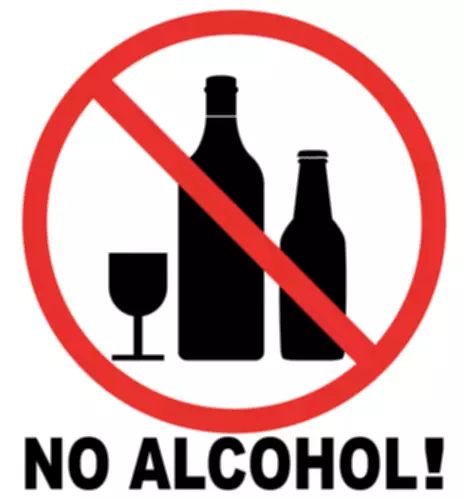
Adaptogen Blends

The good news is that non-alcoholic spirits have come a long way in recent years, with many brands working tirelessly to craft products that deliver complex flavors without alcohol. «Zero Proof cocktails are basically a cocktail without the alcohol,» says Goodson. Although Social Tonics are pretty similar to Adaptogens, I wanted an entire category dedicated to my new favorite beverage for 2024. Bonbuz is a female-owned brand that comes in both cans and larger format, cocktail-mimicking creations.
- The beverages listed above not only satisfy your thirst but also help you stay focused on your recovery goals.
- Sceletium tortuosum (kanna) is a plant native to South Africa used for centuries due to its unique properties.
- Some products contain lower doses of THC (two to four milligrams) in an eight-ounce container, while others can contain up to 200 milligrams.
- It’ll only be then that they can determine how each substitute might interact with classic recipes.
- Since non-alcoholic beverages contain little to no alcohol—often defined as having 0.5% ABV or less—they generally won’t produce the same effects as traditional alcoholic drinks that can lead to hangovers.
From Lagunitas, a longtime king of craft brewing, Hoppy Refresher is actually sparkling water with a light hop flavor, bridging refreshment with the fun of beer. These drinks make interesting conversation pieces, and some swear by them. The brand describes this tequila alternative as “earthy with a spicy nose and smokey, agave-forward palate.” The cool thing about this spirit, though, is that it contains vitamins B3 and B6 as well as amino acids.






